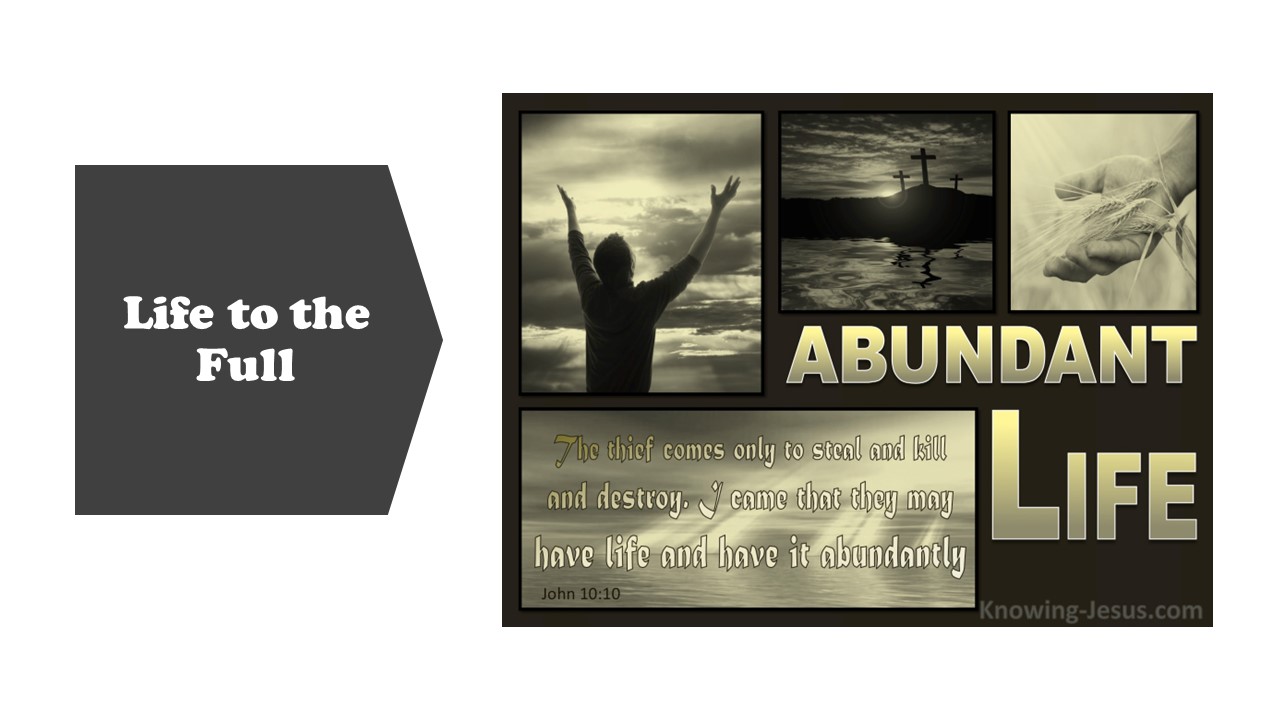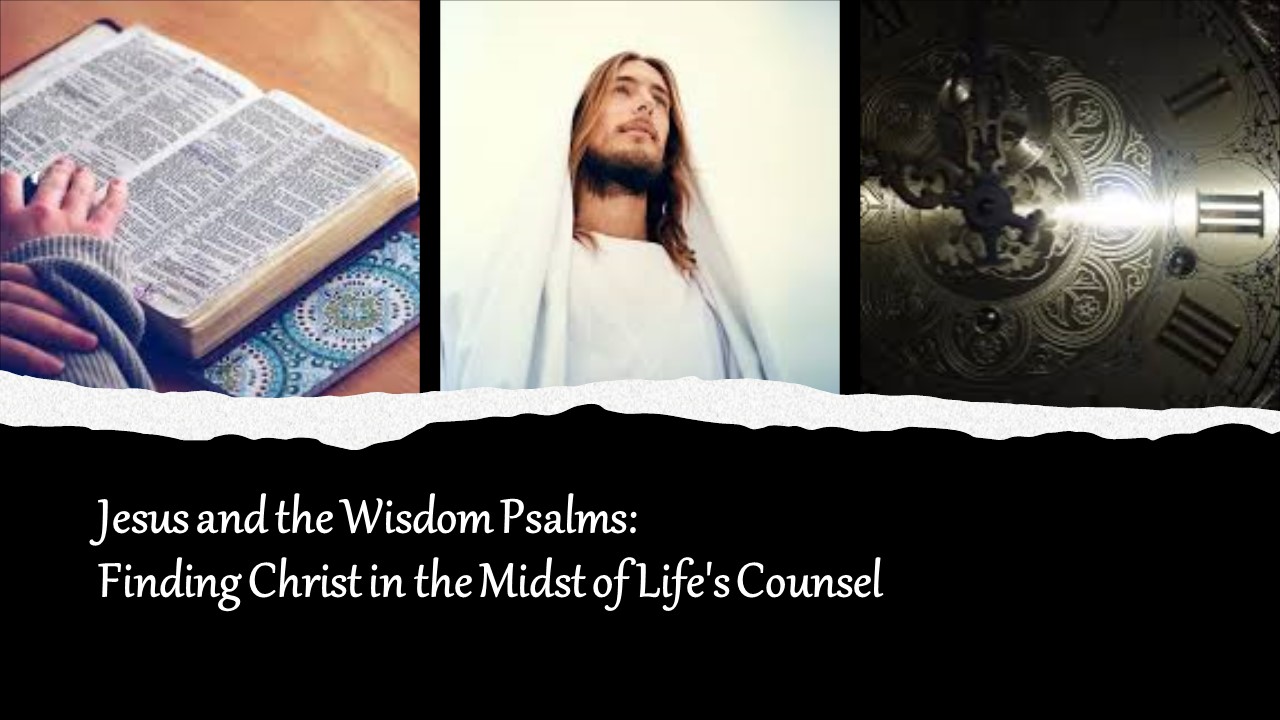In the Parable of the Mustard Seed, Jesus uses the familiar image of the smallest of all seeds to illustrate the surprising and expansive nature of God’s kingdom. The parable highlights that while the kingdom may begin in an inconspicuous and humble way, it possesses an extraordinary power to grow exponentially. This message was a profound counterpoint to the worldly values of Jesus's time, which favored spectacle and power. By comparing his kingdom to a seed that starts small but becomes a large, tree-like plant, Jesus taught his followers not to underestimate what looks insignificant, as this is often where God's most powerful work begins.
The parable's symbolism extends beyond simple growth, revealing the kingdom's radical inclusivity. The mustard plant, which becomes a haven for "the birds of the air," echoes Old Testament imagery of great kingdoms that provide shelter for all peoples. This was a subtle but powerful statement that God's kingdom would not be limited to a single nation but would become a refuge for everyone—Jews and Gentiles, insiders and outsiders. In a culture that was often tribal and exclusive, this parable presented a vision of a global, barrier-breaking kingdom that would welcome all who sought shelter within it.
Ultimately, the Parable of the Mustard Seed offers a deep reflection on the character of Jesus himself. He is the ultimate example of humble power, planted in obscurity, and buried in a tomb, only to rise and become the foundation of a global movement. This parable reveals that Jesus's purpose was to subvert human expectations by bringing about quiet, transformative change rather than a loud, top-down revolution. It invites followers to embrace the "mustard seed" life: to trust in the hidden work of God, to persevere in small, faithful acts, and to live as a refuge for others, knowing that God is in the business of turning a small seed into a mighty, world-changing force.

John 10:10 offers a glimpse into Jesus' mission: to bring abundant life. The Thief vs. Jesus: The "thief" symbolizes anything that steals our spiritual...

Although they may not have a full understanding of what is going on with Job and why he is suffering as he is, Job’s...

The Book of Psalms is a profound collection of praises, laments, and wisdom that intertwines with the life of Jesus, offering Christ-centered insights. These...